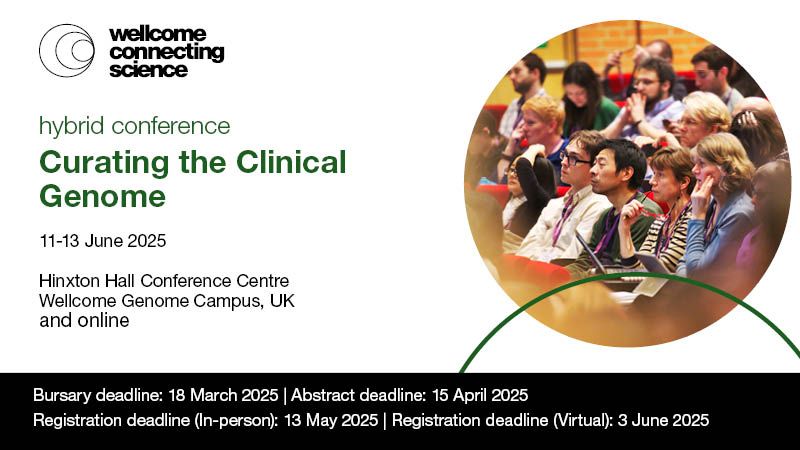Evaluating genome sequencing strategies: trio, singleton, and standard testing in rare disease diagnosis - Genome Medicine
Background Short-read genome sequencing (GS) is among the most comprehensive genetic testing methods available, capable of detecting single-nucleotide variants, copy-number variants, mitochondrial variants, repeat expansions, and structural variants in a single assay. Despite its technical advantages, the full clinical utility of GS in real-world diagnostic settings remains to be fully established. Methods This study systematically compared singleton GS (sGS), trio GS (tGS), and exome sequencing-based standard-of-care (SoC) genetic testing in 416 patients with rare diseases in a blinded, prospective study. Three independent teams with divergent baseline expertise evaluated the diagnostic yield of GS as a unifying first-tier test and directly compared its variant detection capabilities, learning curve, and clinical feasibility. The SoC team had extensive prior experience in exome-based diagnostics, while the sGS and tGS teams were newly trained in GS interpretation. Diagnostic yield was assessed through both prospective and retrospective analyses. Results In our prospective analysis, tGS achieved the highest diagnostic yield for likely pathogenic/pathogenic variants at 36.1% in the newly trained team, surpassing the experienced SoC team at 35.1% and the newly trained sGS team at 28.8%. To evaluate which variants could technically be identified and account for differences in team experience, we conducted a retrospective analysis, achieving diagnostic yields of 36.7% for SoC, 39.1% for sGS, and 40.0% for tGS. The superior yield of GS was attributed to its ability to detect deep intronic, non-coding, and small copy-number variants missed by SoC. Notably, tGS identified three de novo variants classified as likely pathogenic based on recent GeneMatcher collaborations and newly published gene-disease association studies. Conclusions Our findings demonstrate that GS, particularly tGS, outperforms SoC in diagnosing rare diseases, with sGS providing a more cost-effective alternative. These results suggest that GS should be considered a first-tier genetic test, offering an efficient, single-step approach to reduce the diagnostic odyssey for patients with rare diseases. The trio approach proved especially valuable for less experienced teams, as inheritance data facilitated variant interpretation and maintained high diagnostic yield, while experienced teams achieved comparable results with singleton analysis alone.






